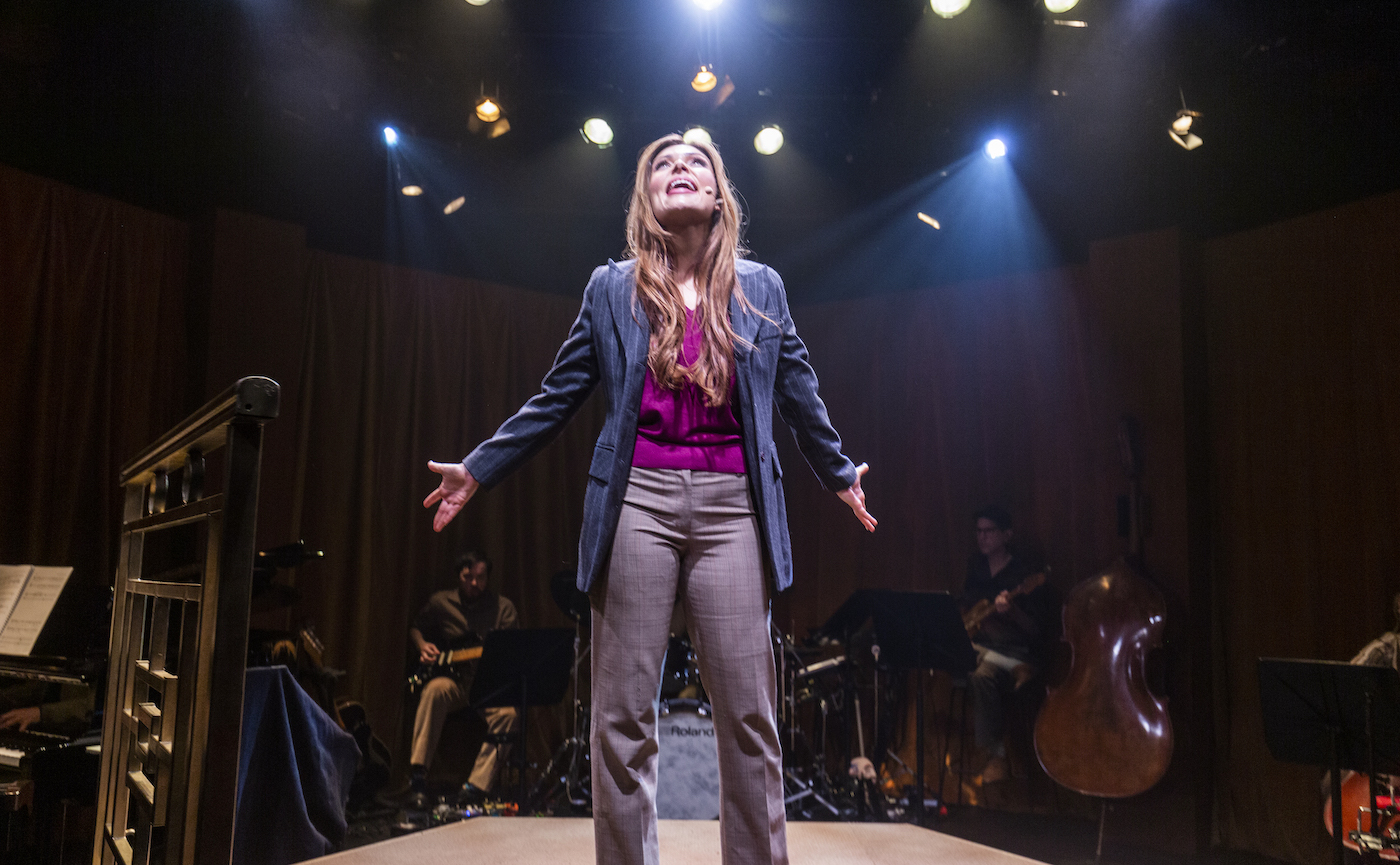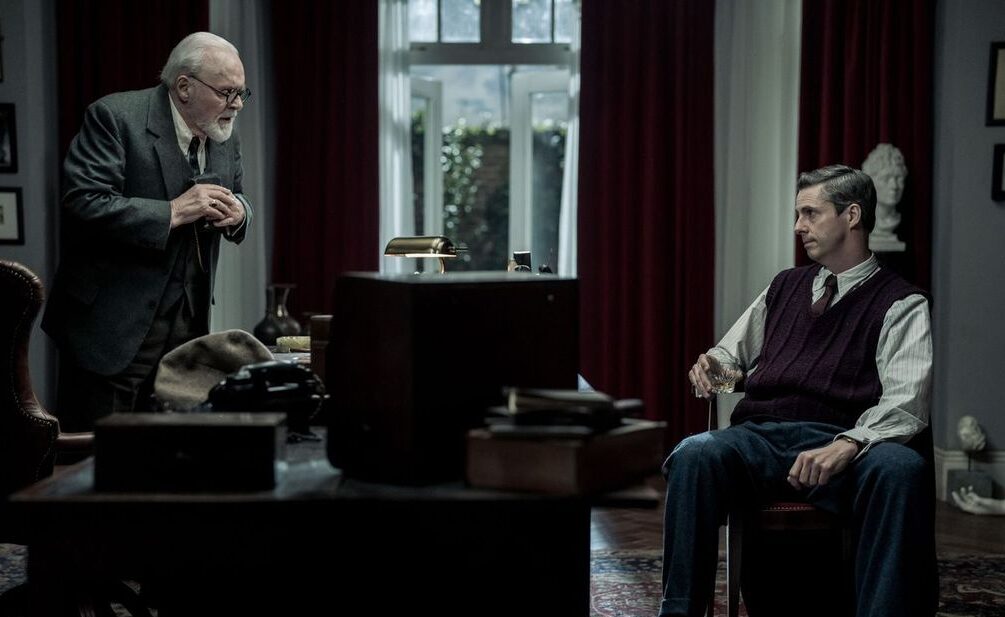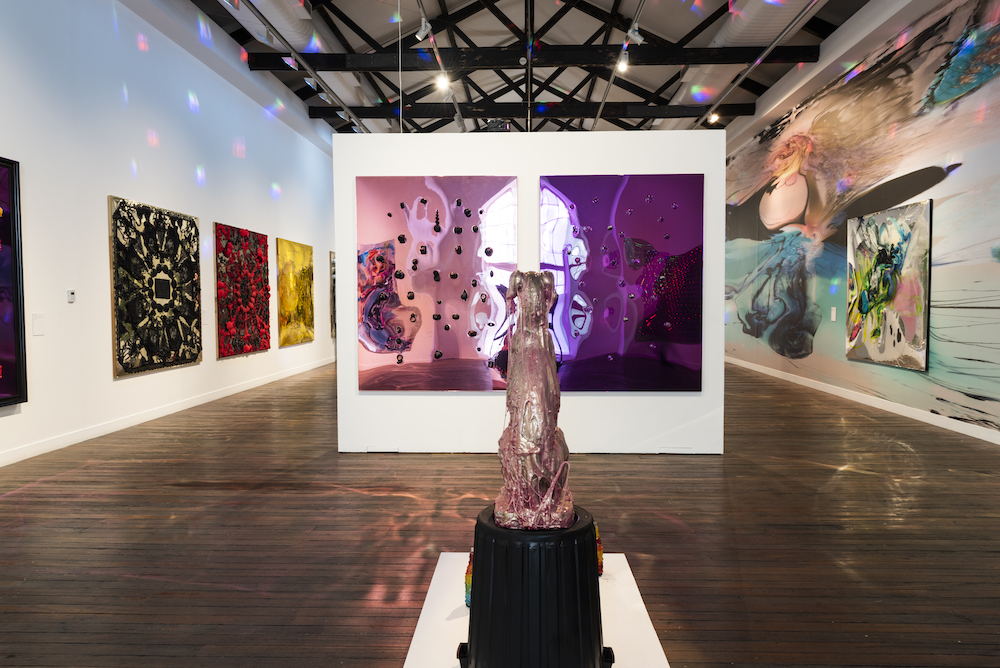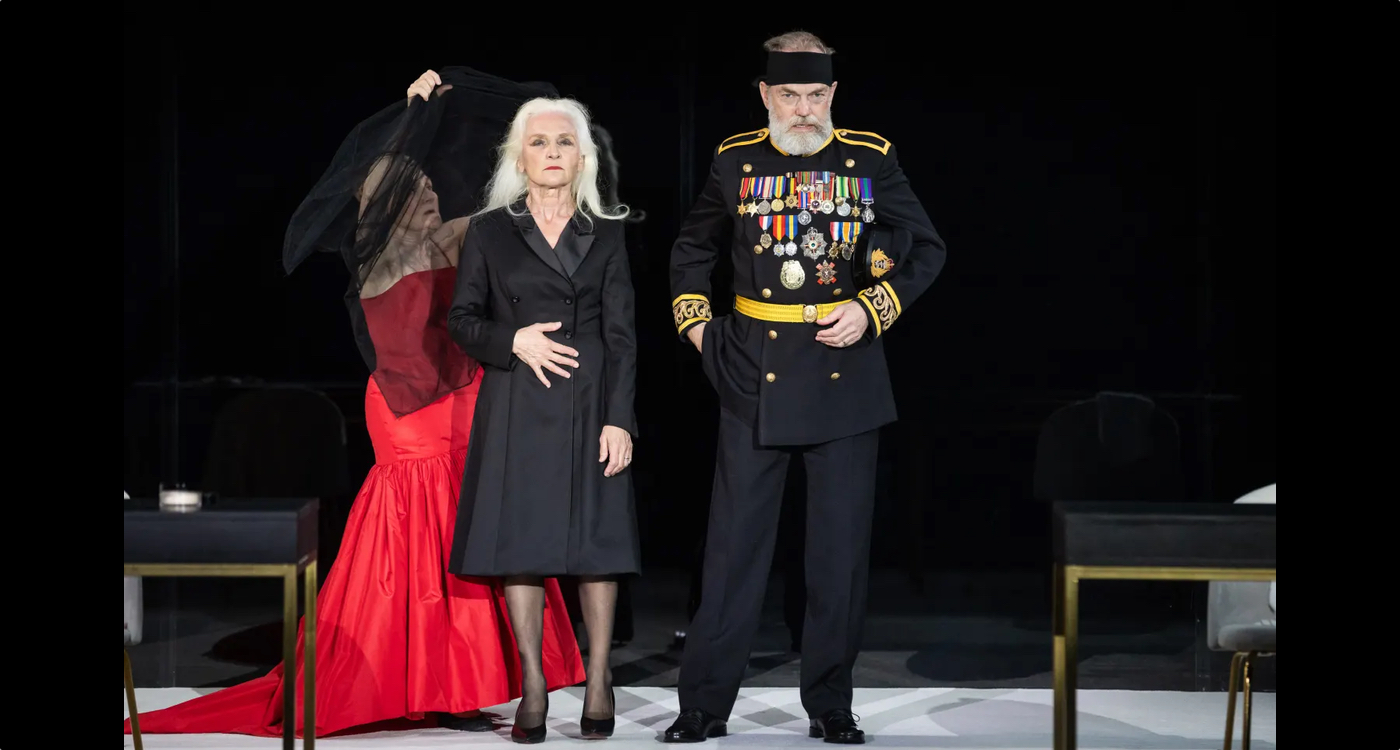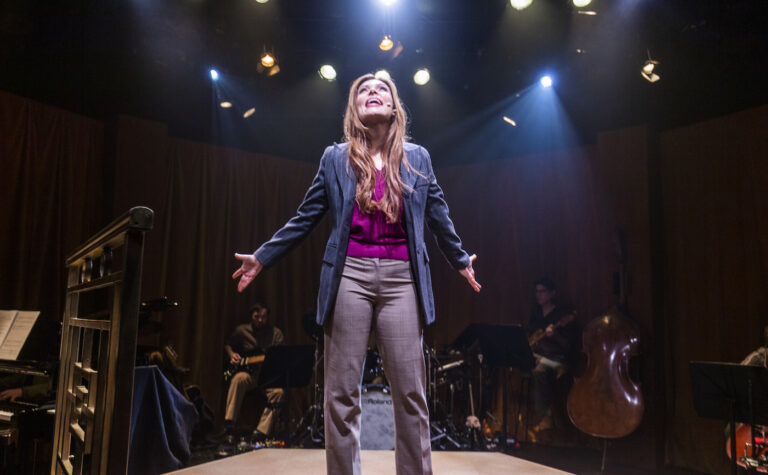
Review: Benediction
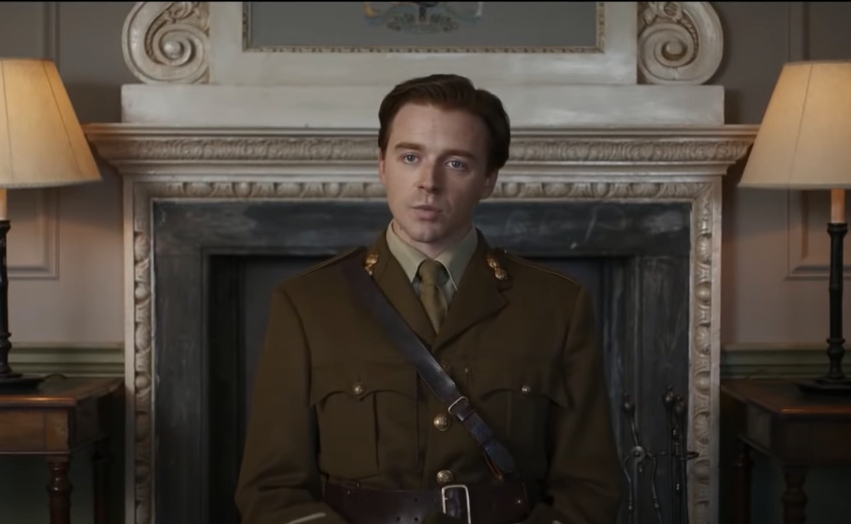
By Renee Lou Dallow
“God was in his heaven, and there were sausages for breakfast.”
Terence Davies’s new film, Benediction, is about the life and poetry of Siegfried Sassoon, a World War 1 poet.
In the film, he is asked by a military tribunal if he is pro-German, to which Siegfried replies, “I’m pro-human.” Sassoon was anti-war and spoke out about the powers of the day failing to state conditions for peace.
He thought the war had been deliberately prolonged by those who had the power to end it. “ Soldiers marching all to die, Lovely lads and dead and rotten.“ He spoke about war being like theatre for the masses and was disgusted with the “callous complacency” of those back home.
The film then goes on to cover Sassoons conflict with his homosexuality. A long passionate affair with actor Ivor Novello and a somewhat more sensitive and empathetic relationship with Stephen Tennant follow before Sassoon marries Hester Gatty and has a son, George. All the while he is questioning both his past and his future.
As an old man, he seeks answers in Catholicism because he considers it to be, “Permanent and Unchanging.”
This film is an epic and there is so much in it, including real footage of the trenches, that one review cannot possibly do it justice.
The last scene, one of the longest close-ups ever, is truly one of the most poignant in cinema history.
The last poem being, not by Sassoon but by Wilfred Owen, another great WW1 poet and mentored by Sassoon, is also heavy on the soul.
A beautiful and gut-wrenchingly sensitive performance by Jack Lowdon as Sassoon and an equally moving performance by Calam Lynch as Stephen Tennant.
Now Playing
★★★★★




